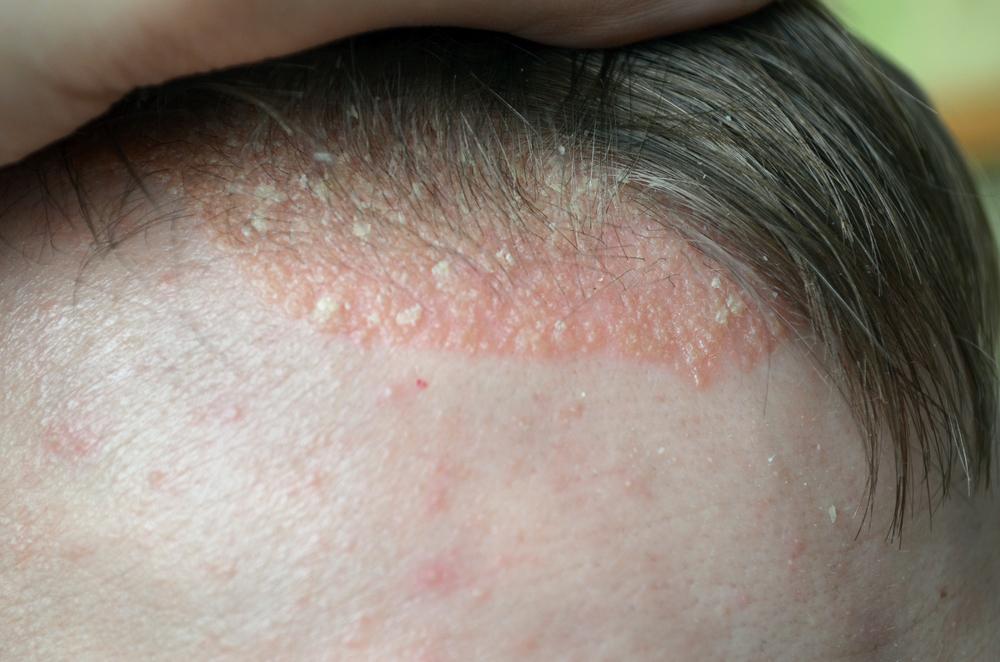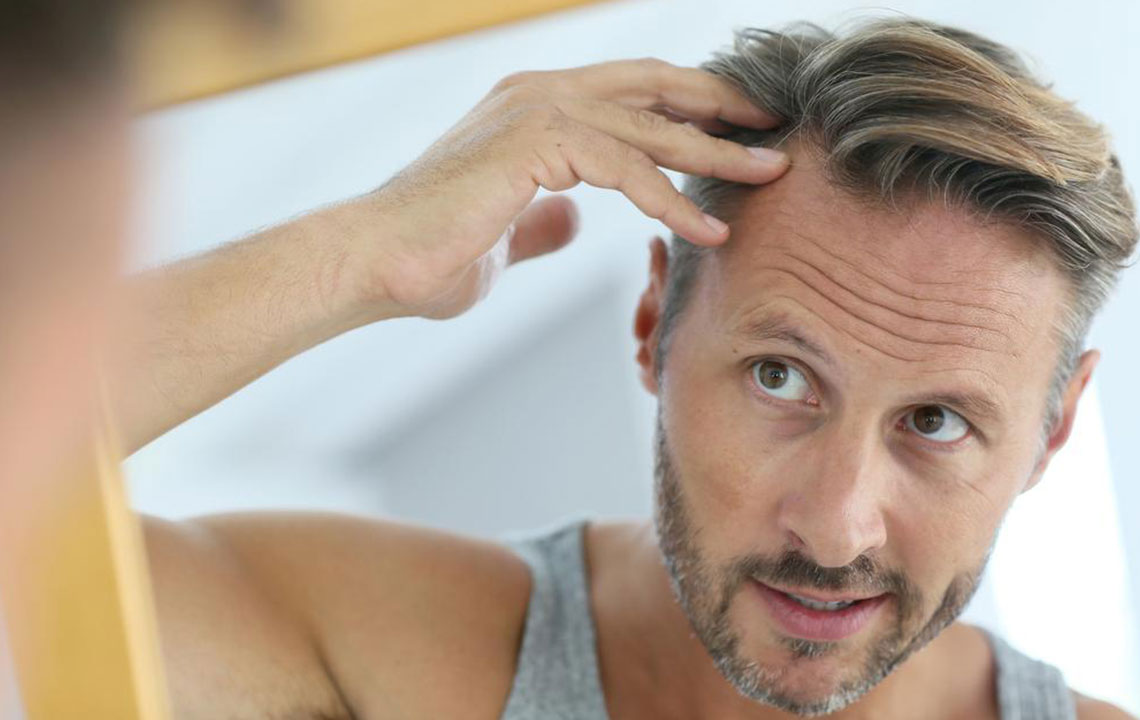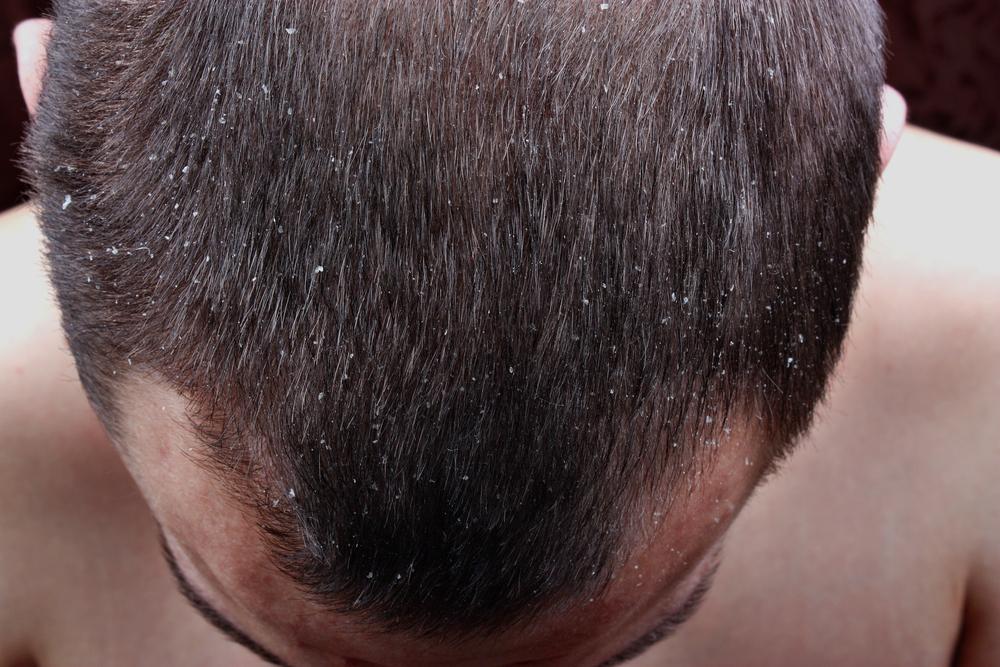Medical conditions that can trigger severe hair loss
The body loses and replenishes hair regularly. It is a natural cycle that happens without you even noticing the hair fall. A few strands will get replaced by new growth every day. However, some people may experience severe hair fall, and this can be a cause for concern. Causes can range from vitamin deficiencies to more troubling medical conditions for which it is advisable to book an appointment with the doctor.

Herein, we shall explore the most common medical conditions that trigger severe hair loss.
Androgenetic Alopecia
Also known as male or female pattern baldness, Androgenetic Alopecia is one of the most common causes of hair loss. This condition can trigger hair fall right after puberty hits and can worsen over a short period. While men tend to lose hair in more concentrated spots around the temple and the back, women lose hair all over the scalp, gradually leaving a thinner growth. Women may also experience rapid alopecia after experiencing menopause. The body undergoes hormonal changes during the transition and can trigger several uncontrollable chemical responses that can lead to hair loss.
Telogen Effluvium
Telogen is the body’s natural phase during which shedding happens in a normal growth cycle. Under any circumstances, the old hair falls out to make room for new follicles. However, in the case of Telogen Effluvium, the shedding is enhanced, causing tufts of hair to fall out at once, leaving bald spots throughout the scalp. It is a somewhat reversible condition where hair regrowth is possible. However, severe hair loss is often a result of thyroid problems, side effects of medications, rapid weight loss, childbirth, surgery, and, most importantly, extreme stress.
Alopecia Areata
Alopecia Areata is a genetic condition passed down to the child by both parents and is known as a polygenic disease. This is an autoimmune disorder wherein the body’s first line of defense is the immune system that turns on itself and attacks healthy cells in the body. With alopecia, the hair follicles are damaged in this process, and one can start to rapidly lose chunks of scalp hair, eyelashes, or even eyebrows. It is not an irreversible condition, and with time care, proper consultation, and medications, the alopecia can be brought under control. There are three main types, including Alopecia Areata patchy (patchy hair loss throughout the body), Alopecia Totalis (complete loss of hair on the scalp), and Alopecia Universalis (hair fall that occurs on the scalp, face, and body).
Hyperthyroidism
The condition is a result of an underactive thyroid gland that is unable to produce thyroid hormones that regulate metabolic activity in the body. Reduced quantity of these hormones can cause an imbalance that indirectly results in thinning of the hair strands. It may cause the hair to become brittle and disrupts the growth cycle, thus leading to patchy hair fall. Prolonged thyroid problems can also result in other severe health complications and should not be left unchecked. In many cases, they even have an overactive thyroid result in an imbalance that compromises regular metabolic activity in the body.




